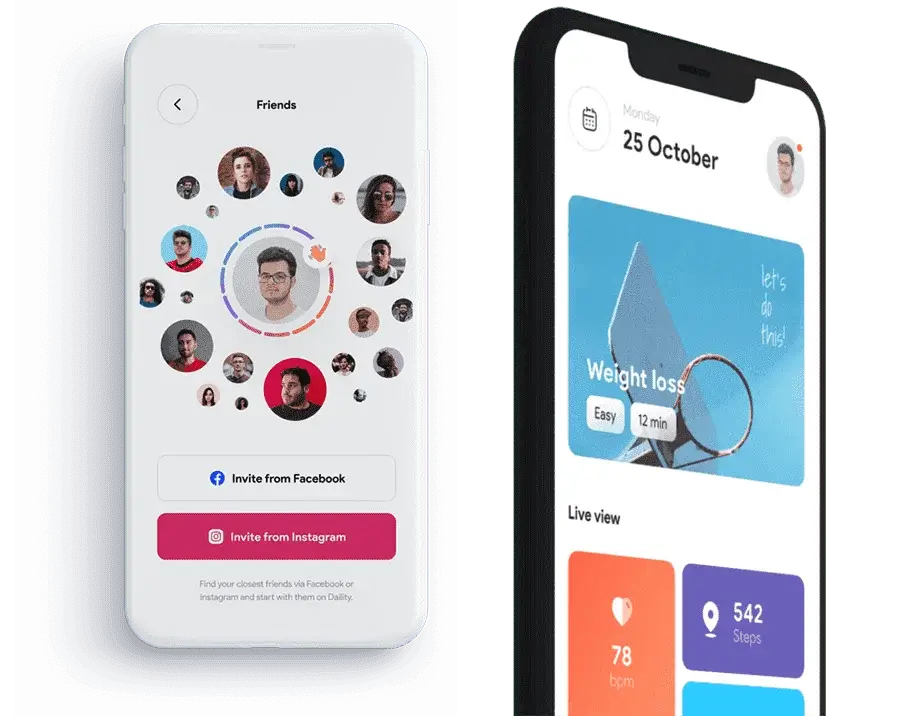How SEO Is Changing? Critical Trends You Must Know!
From the simple keyword matching algorithms of the early 2000s, search engines have advanced significantly. Nowadays, SEO involves a complex relationship between customer behavior, innovation, and constantly evolving algorithms. One thing is certain: SEO will have a more dynamic and significant future than ever before as voice services, artificial intelligence, and tailored experiences continue to change the landscape.
If you're still relying on yesterday's methods, you're already behind the curve. Brands that need to stay competitive need to look beyond their core niches and start predicting where search will go. In this post, we'll delve into the major SEO trends shaping the future and how you can prepare yourself to not only survive but thrive in the evolving world of search.
Mastering SEO Trends: The Importance of Monitoring SEO Changes
In today's digital world, search engines are regularly the first, and now the only, point of contact between a business and its target audience. In any case, SEO is no longer a static list of keywords, feedback, and metadata. It's a dynamic, breathing methodology that changes according to innovations, customer behaviour, and algorithm changes. Keeping up with these changes is not only valuable, it is essential for the sustainability of your business.
Falling behind Search Engine Optimization standards can not only lead to a drop in rankings. It can lead to lower visibility, less activity, reduced brand authority, and lost potential revenue. At the same time, the search marketplace is still dominated by agile and active competitors, disrupting your target audience and their money.
How AI Is Transforming Google Search?
When we think about the search engine, we often imagine a simple system that supports website queries. But behind the scenes, Google's search engine has become much more refined, especially thanks to powerful AI models such as Rankbrain, Bert and Now Gemini.These AI systems don't just improve your search results. They fundamentally redefine how information is understood, categorized and delivered. Instead of focusing on keywords, Google's AI model interprets language context, intent, and even nuances to achieve more accurate and useful results. Introduced in 2015,
RankBrain was Google's first major step into machine learning for search. Google understood the ambiguous questions, learned from the behavior of the users, and ensured that search results were not just what they entered, but what people mean.
BERT (bidirectional encoder representation of transformers) took things further. By analyzing queries from left to right, right, left and left, BERT Google helps capture the subtle meaning behind complex search phrases. That's why Google is today when you enter into a natural, human-like question, that is much more likely to enable exactly what you need.
Gemini, Google's next-generation AI, pushes envelopes further and combines multimodal functions (text, images, videos) to help you understand and respond to search queries more richly and intuitively. It's no longer about fit. Understanding ideas beyond form.
In short, Google's AI model makes search more human. If you want your brand to be visible, you need to start thinking about your audience like a search engine.
Also Read: 2025 Digital Marketing: The Trends Shaping Tomorrow's Strategy
Voice-Activated Technology: What It Means For The Future?
As soon as voice-activated devices are considered to be a future novelty, they will soon become part of our everyday lives. From smartphones and intelligent speakers to dare to portable technology, voice assistants like Siri, Alexa, and Google Assistant change the way people look for, and businesses have to think about SEO.
Almost a third of voice online search inquiries have been run today, and this number is expected to increase. why? Language search is faster, more convenient, and natural. Instead of typing a query, users can simply ask questions, often with the sound of the conversation, and get immediate and accurate results.
Focus on local search: Voice search is often based on location, so companies must optimize "near" inquiries.
Improved demand for quick responses: Users expect immediate, concise information from presented snippets or language-optimized content.
UX-Driven SEO Tactics: How UX Drives Higher Search Rankings?
In today's competitive search environment, user interaction is just as important as the target keyword. Google's highly developed algorithms are now interpreted as references to the quality and relevance of user signal click rates (CTR), Stay, and Bounce Rate-Bounce Rate-As content. By prioritizing seamless, committed user experiences (UX), it sends powerful ranking signals that not only satisfy visitors but also increase visibility.
By optimizing for person indicators and UX, you`re doing more than desirable for Google`s crawlers—you`re growing a website revel in that definitely resonates together along with your audience.
The SEO world is dynamic, but trends develop faster than ever. As search engines become more intelligent and user expectations continue to increase, it is important to maintain and increase their online presence. Whether it's an AI promotion issue, language and mobile search optimization, or user experience prioritization issues, the future belongs to innovative people.
By Digital Team. Updated on 28-04-2025
seo company in dubai seo agency in dubai search engine optimization seo agency in dubai seo trends 2025
02-08-2025
Bulk Email: How Email Helps Ensure Delivery?
05-05-2025






